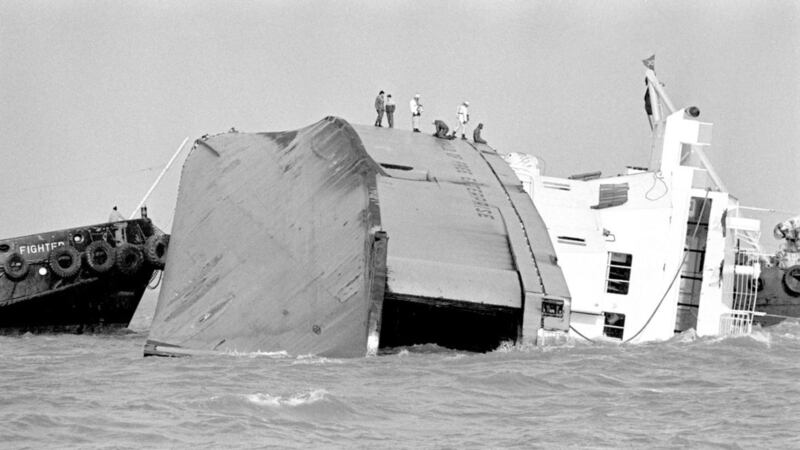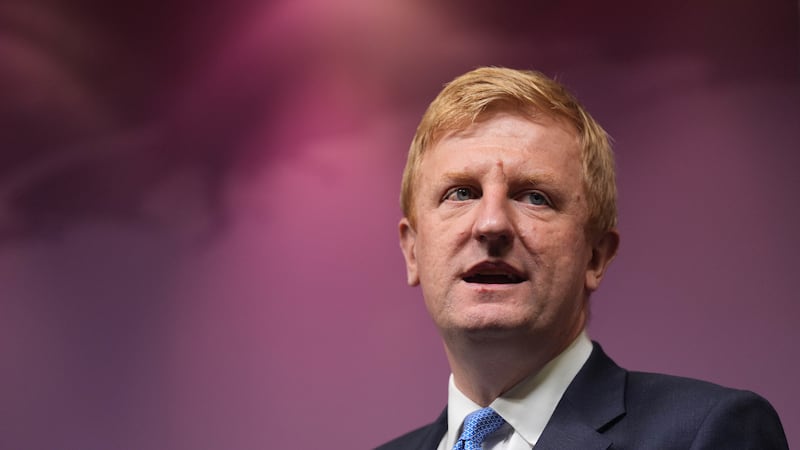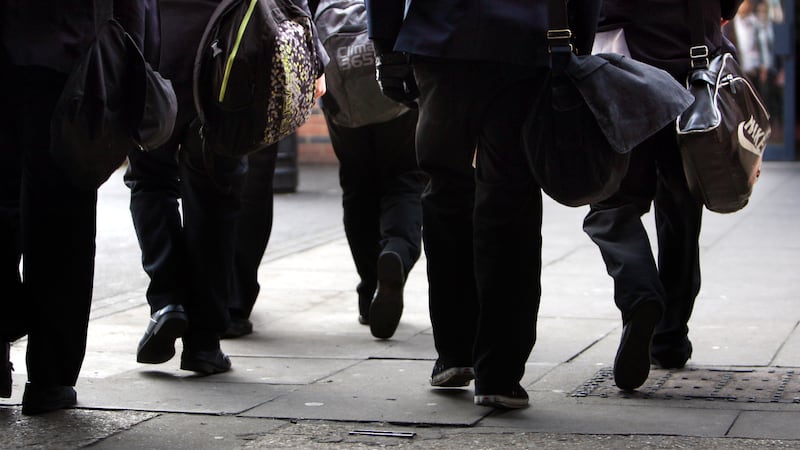The ship's bell from the Herald of Free Enterprise has been returned to Dover to honour the 193 victims of the Zeebrugge ferry disaster on the 30th anniversary.
At about 6pm on March 6 1987, the Townsend Thoresen roll-on, roll-off ferry turned over on its side outside Zeebrugge, Belgium, as it set out for Dover, Kent.
The bell was presented at a memorial service at St Mary the Virgin Church in Dover attended by 400 people to remember those who died in what was the worst peacetime British maritime disaster in living memory.
Staff from the Port of Zeebrugge at the time handed over the bell to Sailors' Society chief executive Stuart Rivers and Brian Gibbons, the last survivor to be pulled out alive.
Daniel Lamote, who was safety officer at the Port of Zeebrugge, said the bell had been kept in an attic and he had persuaded the owner to release it to him.
He said: "Our only intention was to bring the ship's bell where it belongs, St Mary's Church Dover, in honour of all of the victims, survivors, family and friends."
The former bishop of Liverpool, the Rt Rev James Jones, told the service: "The reliving and the remembrance, the quest and the questioning keep alive the love for the one who has died and give expression to their worth."
The governor of West Flanders Carl Decaluwe and Mr Rivers exchanged video messages which were shown to the congregations in Dover and Zeebrugge.
Mr Decaluwe said: "Neither in Belgium, nor in the UK, have we forgotten the victims and rescuers of the Herald. We are today united in our commemoration."
In his message, Mr Rivers said: "Over the years we have been humbled to hear the most wonderful stories of heroism, tales of the most incredible courage from passengers and crew."
Among those attending was Kim Spooner, whose aunt and uncle Neil 'Billy' Spooner (37) and Mary Smith (44) died after taking advantage of a cut-price day trip offer in a newspaper.
Ms Spooner (38) from Essex, said: "I have never recovered from it to be honest.
"I get quite angry when I hear it described as a freak accident because it wasn't.
"There were people and corporations to blame. It's as simple as that."
A public inquiry severely criticised Townsend Thoresen, which later became P&O European Ferries, and confirmed the ferry had left Zeebrugge with its bow doors open, allowing water to flood the car deck, and the crew member responsible for closing them was asleep at the time.
In October 1987, an inquest jury returned verdicts of unlawful killing.
A manslaughter trial began at the Old Bailey in September 1990 but collapsed a month later after the judge directed the jury to acquit the eight defendants.
International ferry safety regulations were tightened after the disaster, but there were further changes when the ferry Estonia capsized in a severe storm in the north Baltic Sea in September 1994 with the loss of more than 900 lives.



